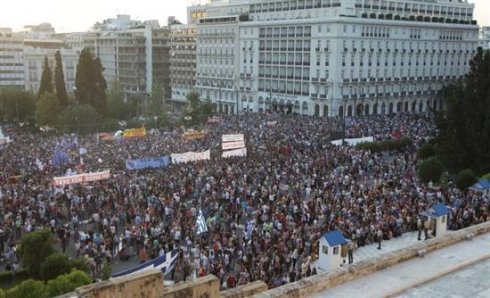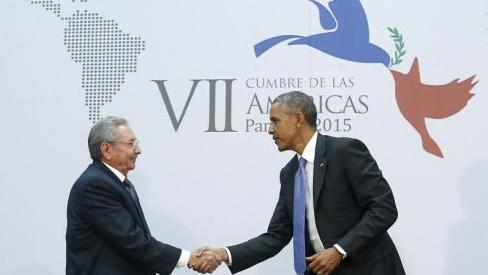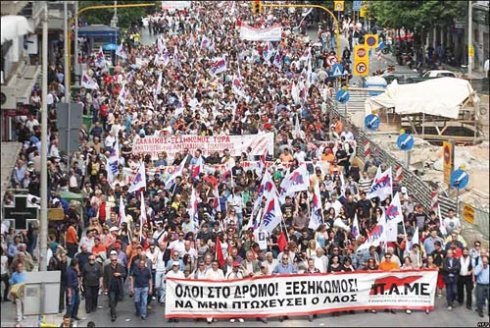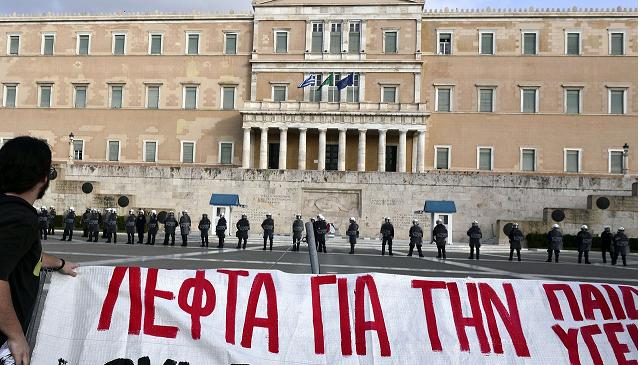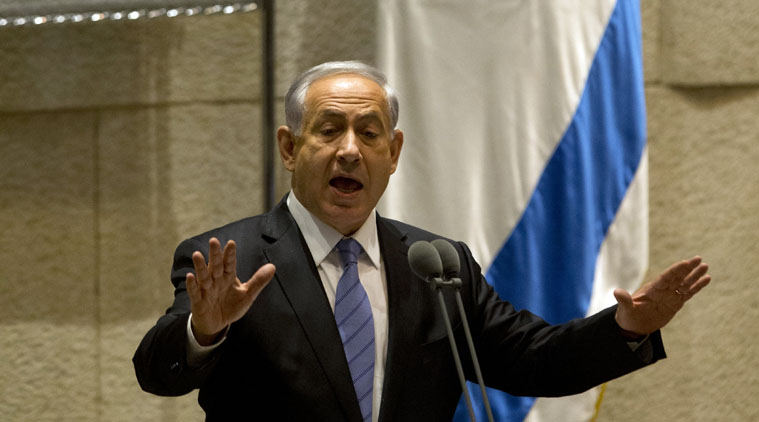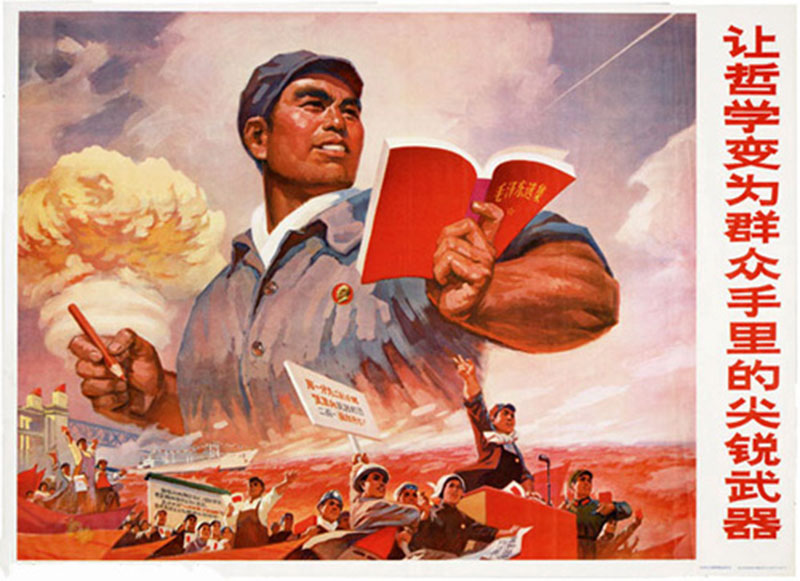France: Congress of the NPA
A step forward in building a workers’ and revolutionary left in the NPA
21/02/2011
In the National Congress of the NPA last weekend, Platform 4, in which the militants of the FT-CI in France participate, got 3.7% of the delegates’ votes, and from now on, will have 6 members in the national leadership (CPN) of this party. We interviewed two of them: Vincent Duse, a worker and union activist of the CGT at the Peugeot Mulhouse factory, and Danièle Cobet, a student and worker with an precarious job situation, a militant of the FT-CI.
What is the balance you draw from the Congress that has just ended?
Danièle Cobet: I do not believe we can say that it was a good Congress. In the first place, the small number of delegates shows an obvious setback of the militant forces of the NPA, that now are not significantly greater than the forces of the former LCR at the moment of its dissolution. For us, this is a complete diagnosis that confirms what we were explaining in the discussions of the outcome in the election assemblies of the Congress. This is the fact that two years after the founding of the NPA, the idea that the LCR leadership had proposed was false: they suggested that the act of erasing the strategy and class demarcations of the party would allow building a "mass party." The balance sheet of the NPA is that it could not keep as members all the "anti-liberals" that it tried to attract, since the "Left Front" constitutes a more interesting alternative for many of them, without, however, having been able to attract a large number of the youth and workers that viewed the NPA and Olivier Besancenot very sympathetically either. In a sense, it is the result of the ambiguous politics and the constant zigzags of the leadership; it does not go all the way, either in the sense of making a real party of the "left of the left," or of developing a party for the class struggle and the social revolution, that can win the most radicalized elements of the vanguard of the workers and the youth. And it is precisely this that the Congress could not resolve, leaving the party in a profound impasse. None of the questions that appeared faintly before the Congress was decided, because of this, and, in this sense, it was a kind of "no Congress." Unfortunately, the reality of the other side of the Mediterranean (on the first day of the Congress, Mubarak fell) had only a very limited impact and contrasted with the poverty of strategy during all the debates.
Vincent Duse: And it is especially a negative balance sheet for the outgoing leadership, that found itself reduced to only 40% of the Congress; it was unable to impose the majority on any discussion and is divided, as the long episode of the election of the members of Platform 1 for the next CPN showed. They went so far as to interrupt the discussions of the Congress for almost two hours, to hold a platform [faction] meeting, and the discussions were very bitter especially because, owing to the reduction of the number of members of the former majority in the leadership (before the Congress, they were around 70%), there was a certain number of internal leaders who were not satisfied with finding themselves "excluded" from the leadership, which benefited the central nucleus of Platform 1, regrouped around the cities of Paris, Marseilles, and Toulouse. Another episode that shows the difficulties of the former majority in imposing its politics is the subject of the vote on the question of religion and the Islamic veil. The central nucleus of the leadership had achieved a victory on this subject in the local Congresses, around a motion that explicitly stated that a woman with a veil could not represent the party, under the pretext of the principle of secularism. In the Congress, the alternative position was the one that got a victory in the voting, which caused a real crisis, with an interruption of the session and submitting to a vote successive motions that sought to postpone this decision for a National Conference by, in fact, cancelling the decision of the sovereign Congress.
You defended a platform in the Congress. What were the results?
VD: We were delegates to the Congress, in accordance with the proportion of votes obtained in the local Congresses; in any case, Danièle was elected together with another comrade in the Saint-Denis local Congress, where Platform 4 got 18 votes. In my case, it is a little different, as I had a right to intervene in debates while being a member of the outgoing leadership. In the local Congress of Mulhouse, we proposed another comrade, who was also elected a delegate. We were 12 delegates in total, and me, for Platform 4 in the National Congress, on the proportion of 119 votes that we got in all the local Congresses. This could seem small, but, considering the the configuration of the NPA and the different Platforms, this was not guaranteed in advance. In addition to Platforms 1 (the former majority) and 3 (the right wing of the Party, that wants an agreement with the reformist left), it was Position 2 that opposed any agreement with the Left Front, and that has a discourse centered on the struggles. This position focused a large part of the votes of the militants, plus the left of the NPA. In this setting, and facing a big campaign of stigmatization they made against us, accusing us of being sectarian, entrists, Lambertistes, etc., 119 votes was rather a good result. This was the reflection, first of all, of the influence of some comrades in their respective Congresses, as was especially the case of the Congress of Chartres/Dreux, where Position 4 came in first with 9 votes, and also the Congress of Mulhouse. Likewise, it was the reflection of the good intervention of our comrades who played a key role in the Interprofessional Assembly of Saint-Denis during the movement of autumn, and, to a lesser extent, in the Ecole Normale Supérieure of Paris. But, apart from these "small bastions," what was interesting is that we were able to travel to the local Congresses throughout France, to overcome the prejudices of numerous militants against us, in order to get isolated votes sometimes, but, above all, it permitted us to connect with many activists of the party whom we did not know beforehand, and with whom we will continue discussing.
DC: On the other hand, at the time of the National Congress, we were the only platform that got additional votes for our texts and for the election of the leadership, that is, in addition to our delegates. Thus, we received 15 votes for the texts, and 13 for the election of the leadership, that is, 3.7%, which allowed us to send 6 comrades, among whom are Vincent, Manu Georget from Philips, and me, to the national leadership of the NPA. Likewise, we were the only platform that had industrial workers presenting its texts on the dais of the Congress. All this allowed us to make numerous connections, especially with some workers from the party, and with comrades who voted for Position 2, but who informed us of their agreement with our positions and with our political initiative. Another big aspect is that we managed to make the outgoing leadership back down concerning an attack that they wanted to set up against us through a motion that said that the members of the former CRI Group, who are part of Platform 4, were entrists and that "they were not part of those belonging to the NPA." Behind this motion was concealed a policy of isolating and stigmatizing our entire Platform, and, faced with the rejection of this motion by the majority of the local Congresses and our firm intervention within the Commission that was handling this matter in the National Congress, the leadership found itself forced to withdraw its motion and did not submit it to a vote. The modifications in the statutes that it was proposing to permit the leadership to dissolve a committee when it considered it "not in keeping" with the statutes or the founding principles was also rejected. From this point of view, we can say that the results of the Congress were very positive for us.
What are the differences with Platform 2, and how do you view the post-Congress period?
VD: I know Platform 2 very well, because I participated, as a member of the previous CPN, in the first regroupment within the leadership, that originated Position B at the time of the conference on the regional elections, and later created Position 2. We have many points of agreement regarding the criticisms about the outgoing leadership and the electioneering politics that it is carrying out. However, and it is exactly for this reason that I left, with the aim of building a different platform, its criticisms continue to be about the "deviations" in the direction and the "errors" of the leadership. It is because of this that the fundamental project of these comrades is a sort of return to the "original NPA," without ever questioning the ambiguities that already existed in the creation of the party, especially between reform and revolution, in order to lay the foundations for a real workers’ revolutionary party, and not just a "less electioneering anti-capitalist party." This logic leads them to an incessant search for an agreement with a part of the former majority, in order to build a "new majority," as they say themselves. In the Congress, their discourse combined a certain radicalism with constant winks at Platform 1 and a lot of talk about party "unity." That said, no agreement was possible with a part of P1, and these comrades finished by presenting their own draft text of an appeal [at the conclusion of the Congress], which we called for approving, with some criticisms. The discussions will continue, and we do not rule out the possibility of taking steps in common with all or some, of these comrades.
DC: That’s true. Already in the local Congresses and in the National Congress, several activists mentioned to us their hesitation between voting for us or for Position 2; others showed that they wanted us to work together, and there were even comrades that admitted to us that they were voting for the positions with a little bit of suspicion, but they wanted to see if the comrades were going all the way, and they drew good conclusions from the political struggle that they are carrying out. This shows a little bit of the state of mind in which we met each other, ready to carry out struggles in common inside the new leadership around all the points that unite us, hoping that these comrades will move forward, through their own experience, to a deeper questioning about the current character of the NPA. Meanwhile, we will continue putting all our efforts at the service of building an openly revolutionary tendency in the NPA, with the comrades who voted for us, and especially trying to win to this perspective, at least a small part of the new generation of workers that were the spearhead of the movement in autumn. Especially because we are convinced that the class struggle in France is going to continue developing, under the blows of the world crisis and under the revolutionary winds that are coming from the Arab world, which is the best setting for building a truly revolutionary tendency. In this sense, we think that the recognition of our tendency that we got in the Congress, as well as the great respect from numerous activists and advanced workers for Vincent and Manu, put us in good conditions to go towards this objective.
